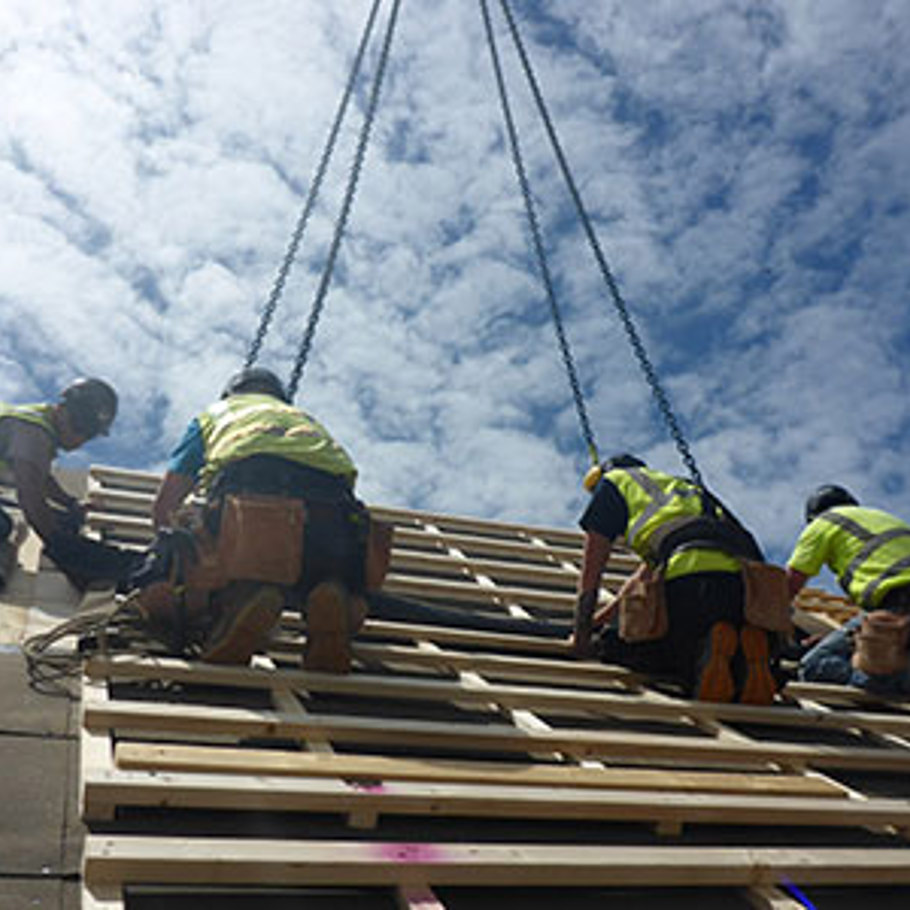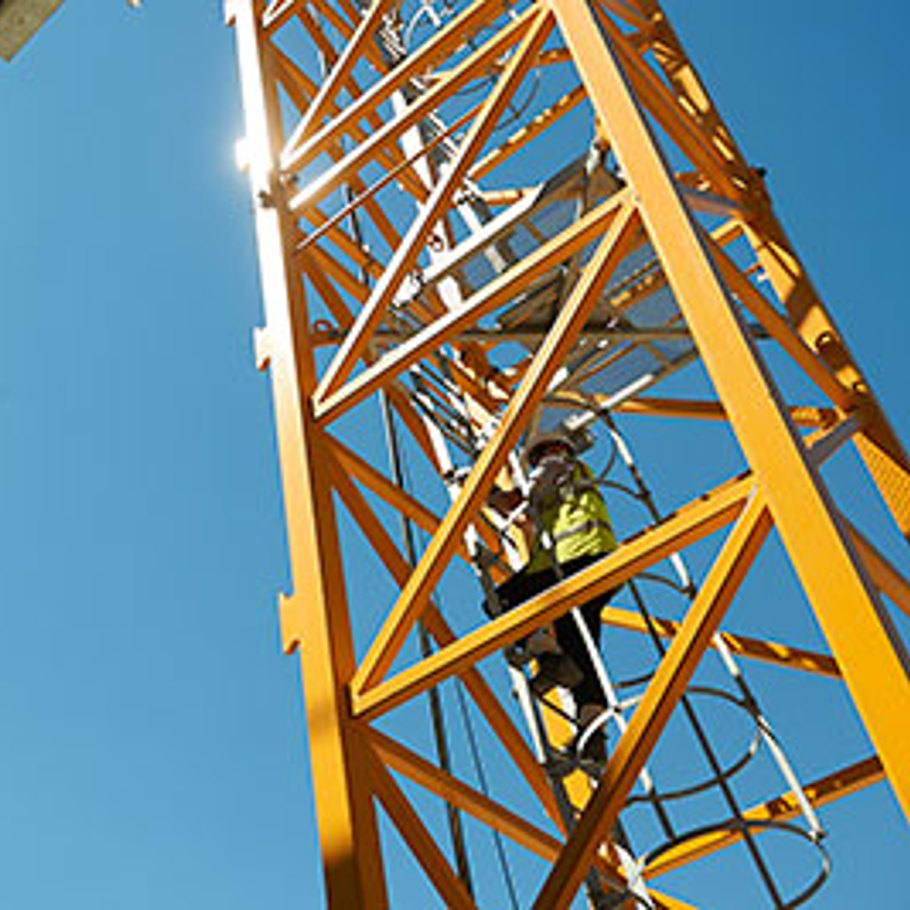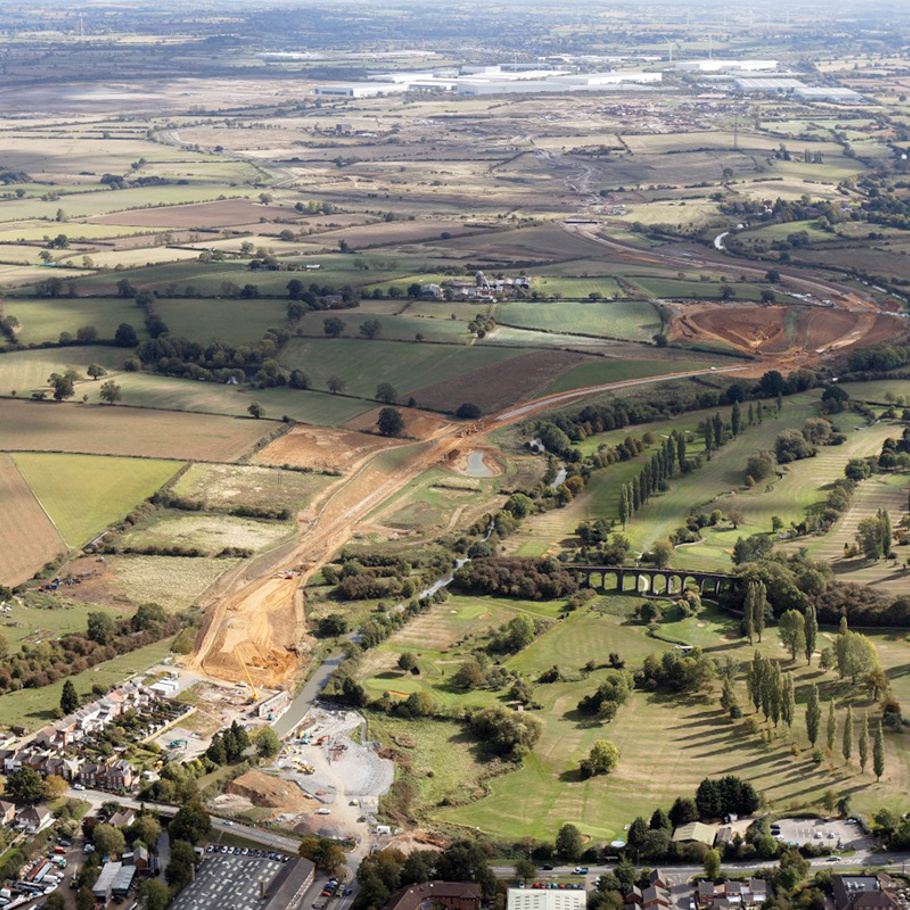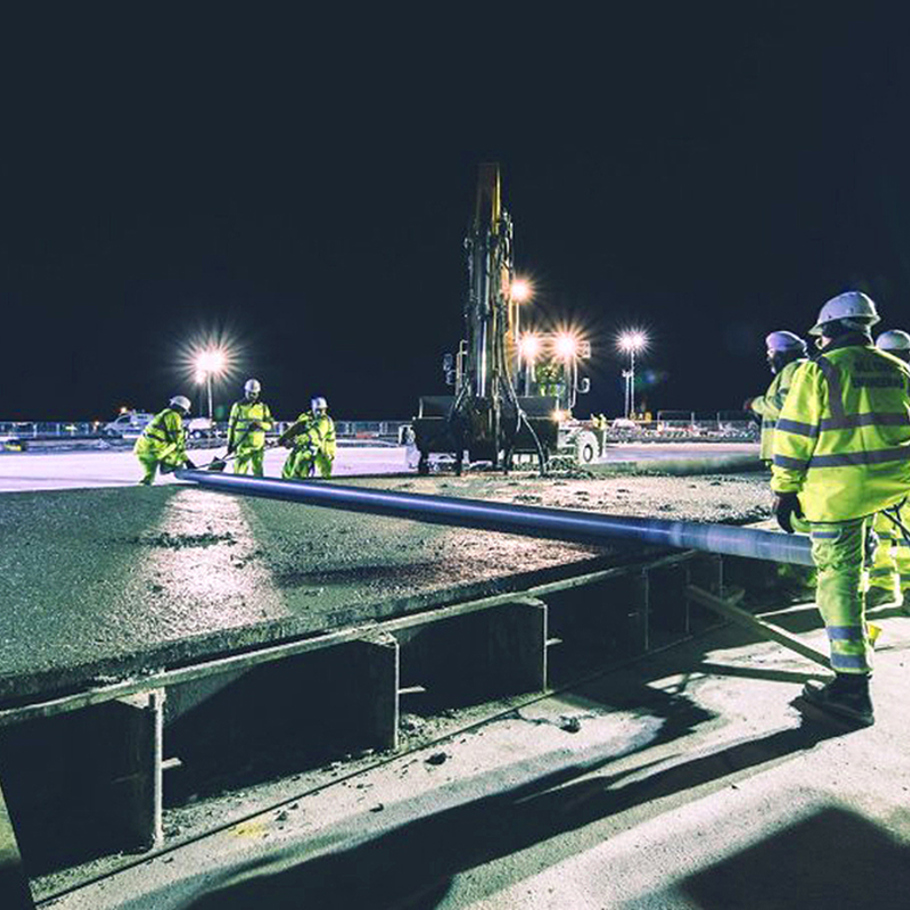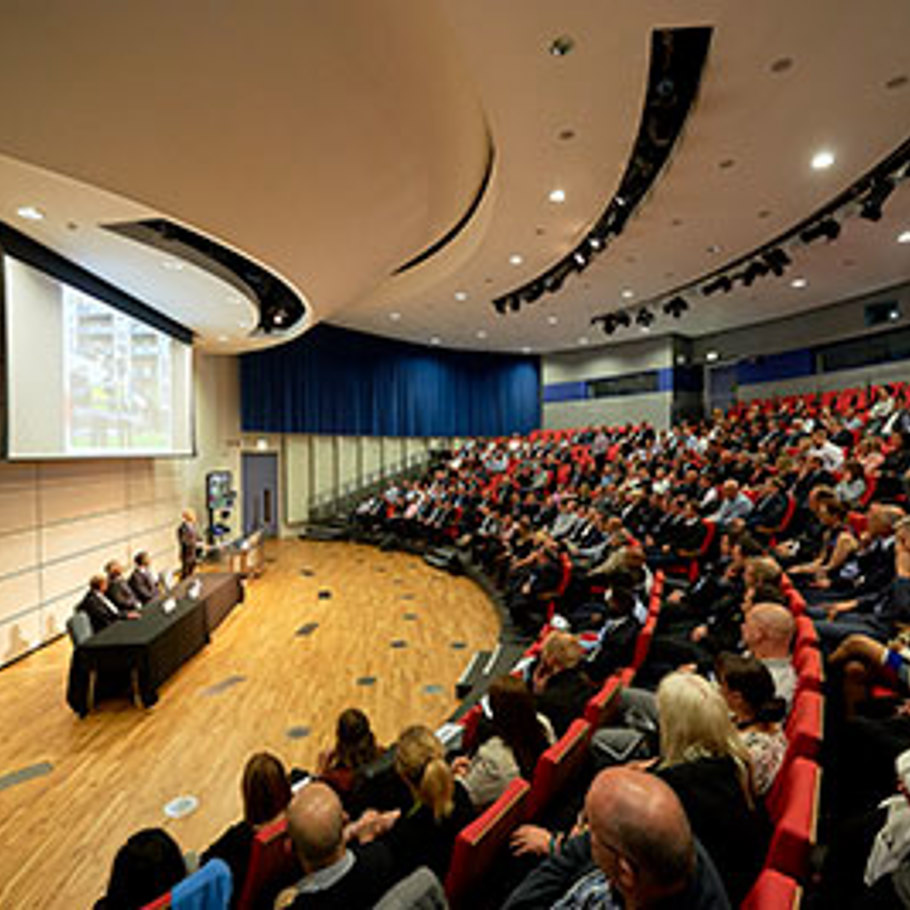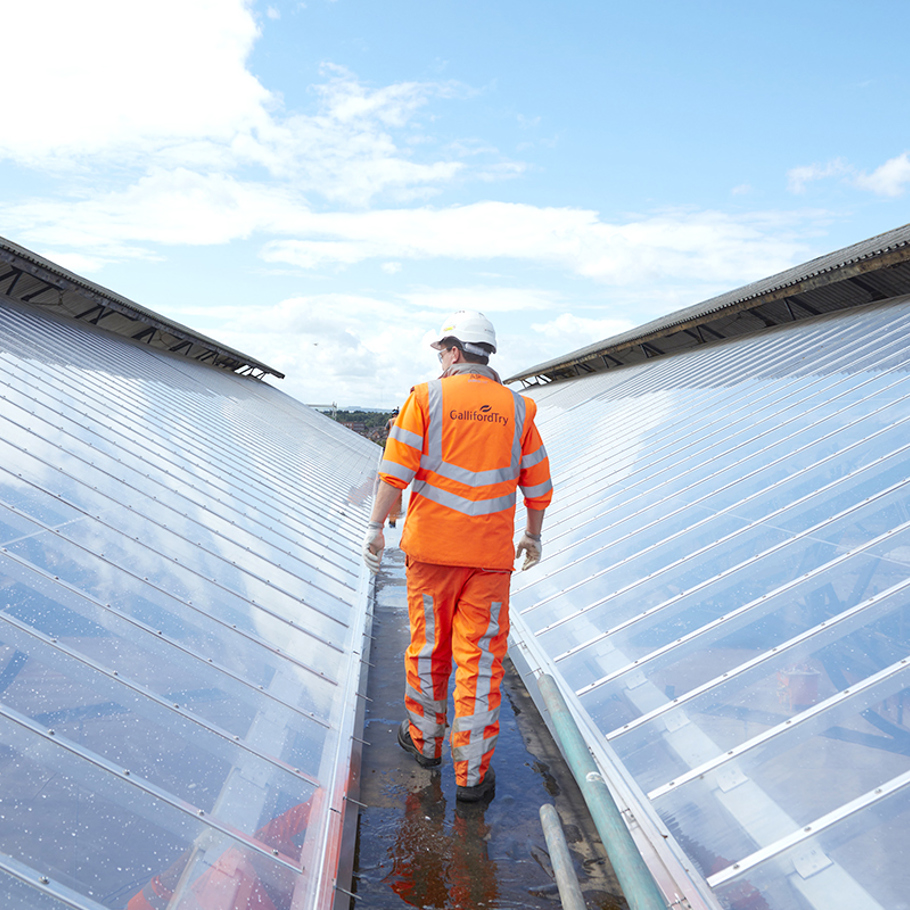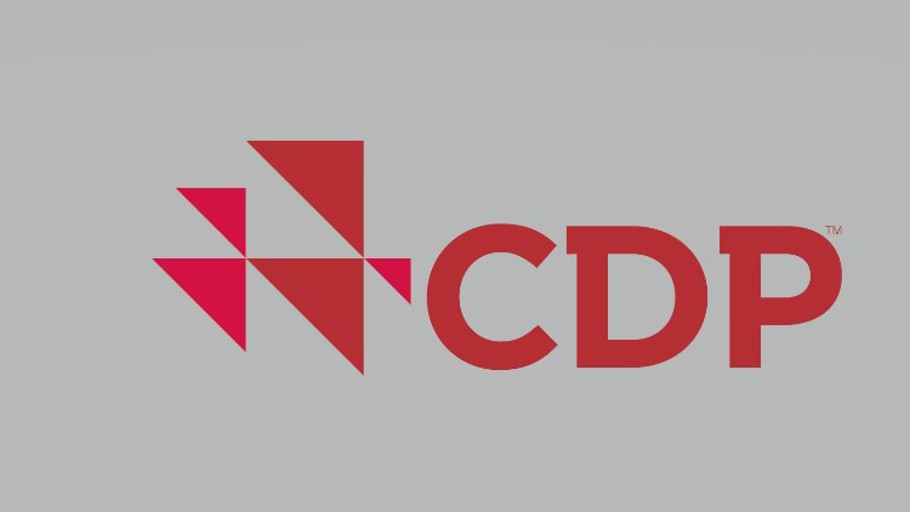Operating sustainably helps us to win work, engages our employees, benefits communities and the environment, and makes us more efficient. This is why ESG remains an integral part of our updated strategy, and at the core of how we deliver stakeholder value.
Our commitment to sustainability
Sustainability underpins our long-term success as a business and is a core part of how we operate. We monitor our Environmental, Social and Governance (ESG) practices and performance through a robust structure and are committed to publicly reporting our progress across six fundamental areas: our people, health and safety, environment and climate change, communities, clients, and supply chain.
|
Strategic priority |
Sustainability pillar |
Objective |
KPI |
FY23 |
FY24 |
Ambition |
|
Champion a people-orientated, progressive culture. |
Health and safety |
Prioritising health, safety and wellbeing and ensuring no harm to anyone linked with our operations. |
Lost Time Frequency Rate
|
0.20 |
0.14 |
No harm. |
|
Accident Frequency Rate
|
0.09 |
0.04 |
No harm. |
|||
|
Our people |
Creating an inclusive environment and progressive culture that enables all individuals to reach their potential. |
Early careers as a % of total employees |
10.0% |
10.2% |
>9.0% |
|
|
Women as a % of total employees |
21.6% |
22.5% |
Year-on-year increase. |
|||
|
Employee advocacy |
86% |
87% |
>80% |
|||
|
|
||||||
|
Operate in a socially and environmentally responsible way. |
Environment and climate change |
Adopting sustainable resourcing and consumption practices and taking measures to mitigate carbon production and climate change to protect our environment and biodiversity. |
Scope 1 and 2 carbon emissions (CO2e tonnes) |
10,751 |
10.486 |
Net zero by 2030. |
|
Scope 3 carbon emissions (CO2e tonnes) |
477,000 |
Not reported |
Net zero by 2045. |
|||
|
Waste intensity (tn/£100k revenue) |
21.8 |
17.7 |
Year-on-year reduction. |
|||
|
Communities |
Making a positive impact in communities where we operate by delivering greater social value and improving lives. |
% of completed projects delivering >25% SLEV as a % of contract value |
94%% |
79% |
60% |
|
|
Considerate Constructors Scheme performance |
43.4 (industry ave 39.0) |
42.9 |
>39 and above industry average. |
|||
|
|
||||||
|
Deliver high-quality buildings and infrastructure. |
Clients |
Delivering lower carbon, superior buildings and infrastructure with a better social footprint for clients in our chosen markets through a focus on innovation, digitalisation and quality. |
% of repeat business in our order book |
87% |
92% |
>80% |
|
% of full year planned revenue secured at the start of the financial year |
92% |
92% |
>85% |
|||
|
Supply chain |
Aligning our supply chain with our culture and creating collaborative relationships that deliver best practice, innovation and sustainable outcomes for clients, communities and the environment. |
% of business unit core trades spend with Aligned subcontractors |
58% |
61% |
70%–80% |
|
|
Prompt payment – % of invoices paid within 60 days |
98% |
96% |
>95% |
|||
|
|
FY23 |
FY24 |
2030 target |
|||
|
Provide sustainable financial returns. |
Divisional operating margin |
Focus on both top and bottom line growth and accelerated growth in our higher-margin adjacent market businesses. |
2.4% |
2.5% |
4.0% |
|
|
Revenue |
Maintaining disciplined contract selection and robust risk management in resilient market sectors. |
£1.4bn |
£1.8bn |
>£2.2bn |
||
|
Average month-end cash |
Retain a strong balance sheet and operating cash generation |
£135m |
£155m |
Operating cash generation |
||
|
Dividend cover |
Sustainable dividends with earnings cover of 1.8x. |
1.8x earnings cover |
1.8x earnings cover |
1.8x earnings cover |
||
Oversight of ESG
The Executive Board has overall responsibility for setting policy and monitoring our sustainability performance. Main plc Board oversight of sustainability is maintained through a dedicated ESG Committee which meets three times a year. The committee is chaired by a plc Board director and comprises the Director of Sustainability, and senior representatives from our operating divisions and relevant support service s functions including Supply Chain, Low Carbon Construction, Environmental, Communities and Social Value, Human Resources, and Pre-construction. In addition, progress reporting with KPIs, and presentations from subject matter experts provide oversight of ESG matters to the Board.


